|
Director Jamie Meltzer on his inspiring protagonists: 'The resilience that these guys had... it just deeply affected me'
By rights, Christopher Scott, Steven Phillips and Johnnie Lindsey should be bitter men.
Collectively, they served more than 60 years behind bars in Texas for crimes they did not commit, victims of a pernicious system that sees a successful prosecution as one that throws somebody in prison -- guilty or not. Entitled to rage, these men say they feel nothing of the sort. "They want us to be angry. They want us to be bitter. We're neither one of those," Lindsey avowed. They're not interested in the truth. They just want something to say 'You're guilty. We got this conviction. On to the next one.'
Lindsey's comments came after the film's world premiere at the Tribeca Film Festival last month, where the men and director Jamie Meltzer received a standing ovation. It was an emotional moment for the audience and the film's stars alike.
"The standing ovation was even more than I expected. Just the love, the magnitude, it was such a great and high feeling for me,' Scott told Nonfictionfilm.com. "It's like I've never been so high in my life except for two times -- when my kids was born and when I was released from prison. That was it."
Doubtlessly, the audience was moved to applaud Scott, Phillips and Lindsey not only for what they endured, but for what they have done with their lives after they won release. The men formed House of Renewed Hope, an agency that investigates the cases of prisoners who claim they, too, were wrongfully convicted, with the goal of freeing as many innocent people as they can.
"I wanted to make a difference when I got out of prison, because there [was] nobody there to help me. There was nobody I could cry to. And the people that I cried out to, my cry was falling up on deaf ears. It's a lonely feeling when you have nobody you can reach out to," Lindsey told the audience at the premiere. "We don't get paid for anything we do. We do it on our own... We are convicted to what we're doing." Related: Free at last: subjects of documentary Southwest of Salem declared innocent
Lindsey spent 28 years in a Texas prison after he was convicted of aggravated rape. A jury found him guilty at two separate trials, despite the fact that he had an iron-clad alibi.
"I was at work. My employer testified I was at work. And my timecard showed that I was at work. They never placed me where the scene of the crime took place," Lindsey said. "Those 12 jurors, they just went along with whatever the prosecutor said. And that's it." Eventually, DNA evidence proved his innocence. Scott spent 13 years behind bars on a capital murder conviction, after a trial that lasted eight hours. "I had five cops testify on my behalf saying I couldn't be the guy that did this crime. I was still found guilty. Cops got on the stand and testified for me, saying, 'There is nothing linking Christopher Scott to the crime. No murder weapon, no fingerprints, no positive ID. We have nothing,'" Scott told Nonfictionfilm.com.
Scott was declared innocent only after another man confessed to the murder. Scott asserts that wrongful convictions result from biased investigations and biased prosecutions.
"They're not interested in the truth," Scott said of investigators and prosecutors. "They just want something to say 'You're guilty. We got this conviction. On to the next one.'" He added, "In Dallas County [there have been] over 53 exonerations -- 47 or 48 are African-American men. And having a biased court system as we have... kind of picks on us because of our ethnic background." Lindsey echoed that. "In Dallas County, especially if you're black, African-American, if they put handcuffs on you -- first of all, you're going to go to jail. And the chances of you not going to prison are slim to none."
Being white is no guarantee of avoiding a wrongful conviction. Phillips spent 26 years in prison after he was found guilty of rape and other charges. He was paroled in 2007 and a year later DNA evidence proved his innocence, and implicated another man.
Because he was falsely convicted, Phillips said, "A true perpetrator went free... and committed as many as 20 more crimes. There should be some accountability with regard to those other 20 crimes that occurred that were allowed to happen because they wanted to prosecute the wrong guy. That's outrageous." 'If you didn't do it, you should have done it because you're going to prison.'
Phillips maintains that one of the most serious failures of the criminal justice system is the poor legal representation afforded by court-appointed attorneys.
"It's part of the machine, public defenders," he stated. "And they're the ones that keep the beast's teeth sharp," Lindsey added. He recalled his public defender telling him before trial, "'If you didn't do it, you should have done it because you're going to prison.'"
True Conviction will air at a future date on PBS following its debut at Tribeca, where the documentary jury honored it with a special recognition, saluting its "compelling storytelling and for introducing us to three heroic characters who transform the injustice they suffered into active change."
This marks the fourth feature-length documentary by Meltzer, who teaches documentary film at Stanford University. "I heard that these guys in Dallas... were thinking about forming an investigation team to look into wrongful convictions and that their background was that they had all been wrongfully convicted. And I was sold from that," he told Nonfictionfilm.com of his decision to pursue the documentary project. "The resilience that these guys had, their spirit to want to turn what they experienced into something positive, into some change, it just deeply affected me." Meltzer followed his trio of protagonists as they took on the cases of two prisoners they suspected had been wrongly convicted -- Max Soffar and Isaiah Hill. Both men had been incarcerated for decades, vulnerable to wrongful prosecution because of their limited mental capacities. The House of Renewed Hope team fought for them, with help from law students. I won't reveal the outcome of those cases, but it's not entirely what one would hope, as Meltzer hinted. "Of course I would have wanted there to be the Hollywood ending in a way but I don't think that would be a reflection of the true sorry state of the criminal justice system... The challenges are immense and they're taking on cases that don't have DNA evidence. It's near impossible," Meltzer told us. "That also attracted me to them and the project was the quixotic nature, the sort of Sisyphean struggle that they were going to have to go through to try to exonerate somebody who didn't have DNA evidence to test."
True Conviction also explores the personal challenges the men have faced since their release, as well as the joys of freedom. Scott is engaged to be married; his fiancée Kelly Gindratt joined him in New York for the premiere.
Lindsey marveled at the journey that he, Scott and Phillips have taken from the ordeal of wrongful conviction to central roles in a documentary film. "Seven, eight, nine years ago in my wildest dreams I would never have believed that we would have made it this far," he said. "Not only it's an honor, a pleasure, more so it's a blessing to be able to have such a documentary that is powerful as this one. I'm very honored to be a part of it." |
AuthorMatthew Carey is a documentary filmmaker and journalist. His work has appeared on Deadline.com, CNN, CNN.com, TheWrap.com, NBCNews.com and in Documentary magazine. |
- Home
- News
- Videos
-
Galleries
- 2019 Tribeca Film Festival
- Full Frame Documentary Film Festival
- 2019 SXSW Film Festival
- SXSW 2018 Gallery
- 2019 Sundance Film Festival
- Outfest 2018 Photo Gallery
- Outfest 2017
- Sundance 2018 Photos
- 2017 LA Film Festival
- 2017 Cannes Film Festival
- Tribeca Film Festival 2017
- SXSW 2017 Gallery
- 2017 Berlin Film Festival
- Sundance 2017 Gallery
- 2016 Los Angeles Film Festival
- Cannes Film Festival 2016
- SXSW 2016 Gallery
- Berlinale 2016 Gallery
- Sundance 2016 Gallery
- Filmmaker Gallery
- About
- Contact
Proudly powered by Weebly
- Home
- News
- Videos
-
Galleries
- 2019 Tribeca Film Festival
- Full Frame Documentary Film Festival
- 2019 SXSW Film Festival
- SXSW 2018 Gallery
- 2019 Sundance Film Festival
- Outfest 2018 Photo Gallery
- Outfest 2017
- Sundance 2018 Photos
- 2017 LA Film Festival
- 2017 Cannes Film Festival
- Tribeca Film Festival 2017
- SXSW 2017 Gallery
- 2017 Berlin Film Festival
- Sundance 2017 Gallery
- 2016 Los Angeles Film Festival
- Cannes Film Festival 2016
- SXSW 2016 Gallery
- Berlinale 2016 Gallery
- Sundance 2016 Gallery
- Filmmaker Gallery
- About
- Contact

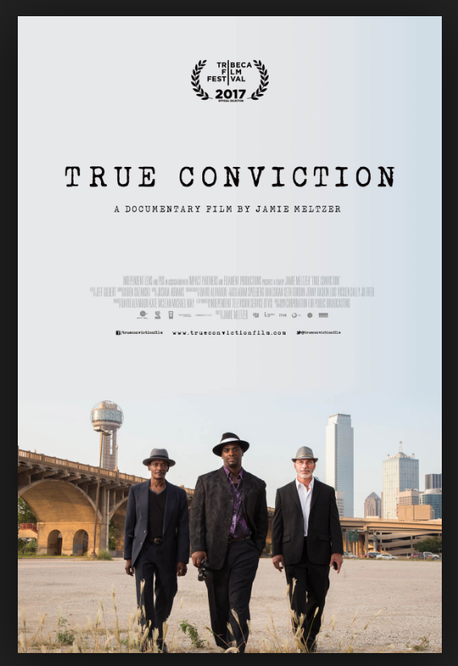
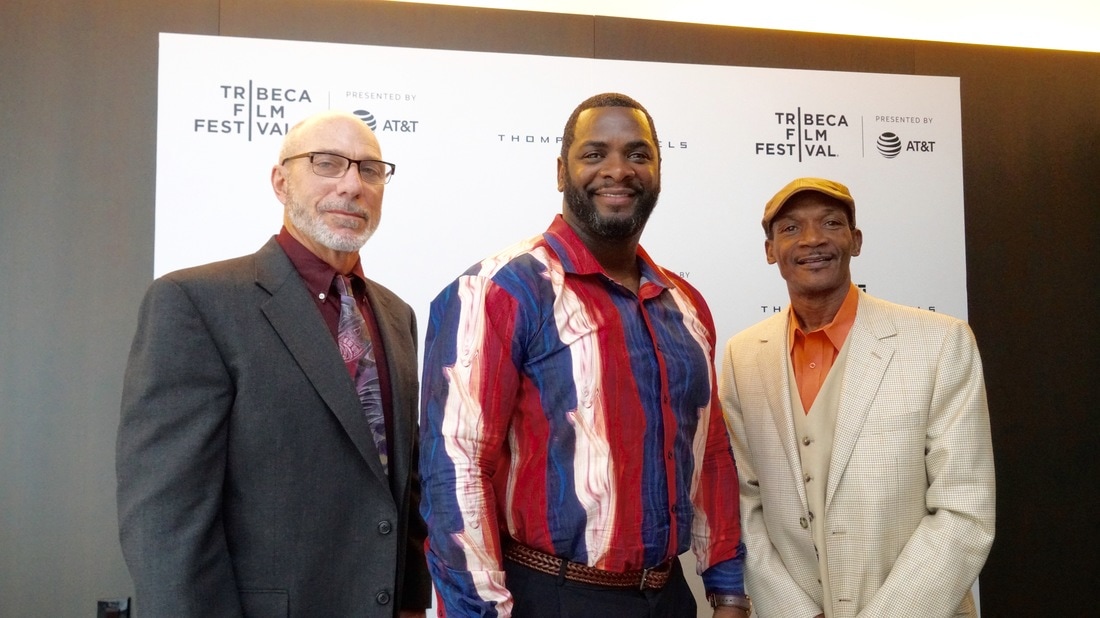
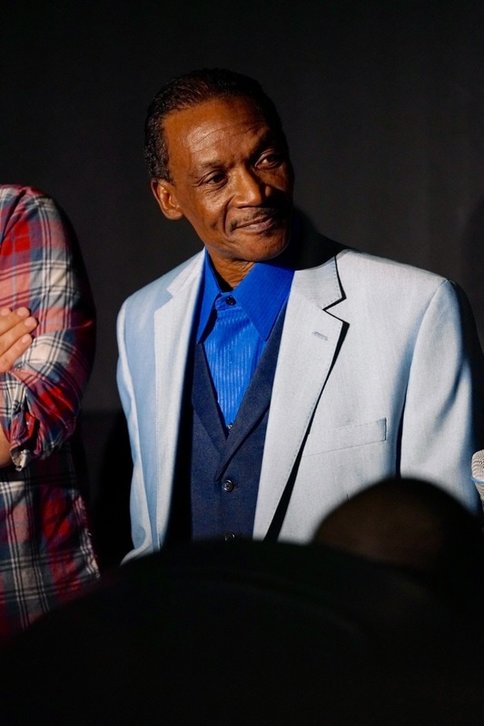

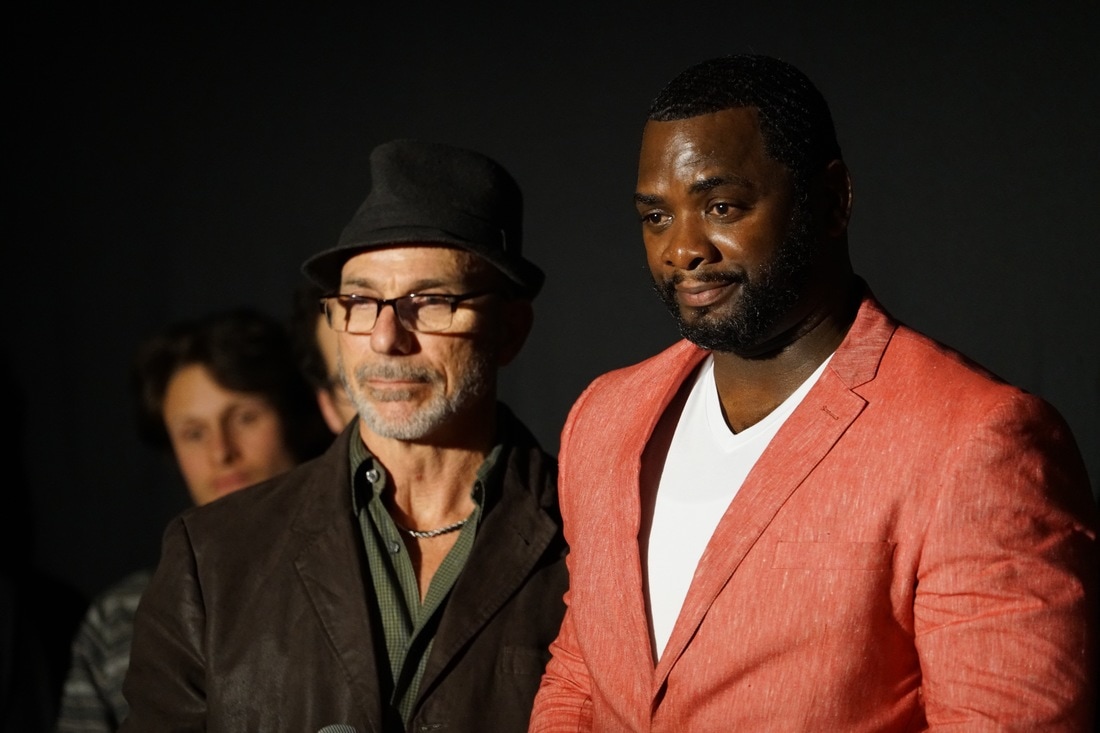
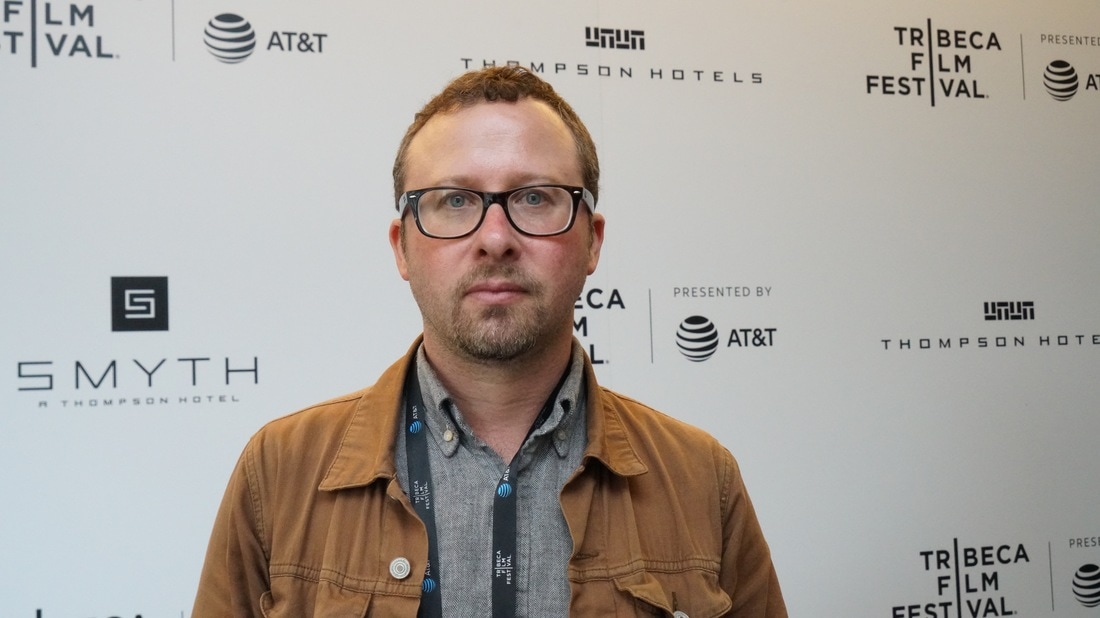
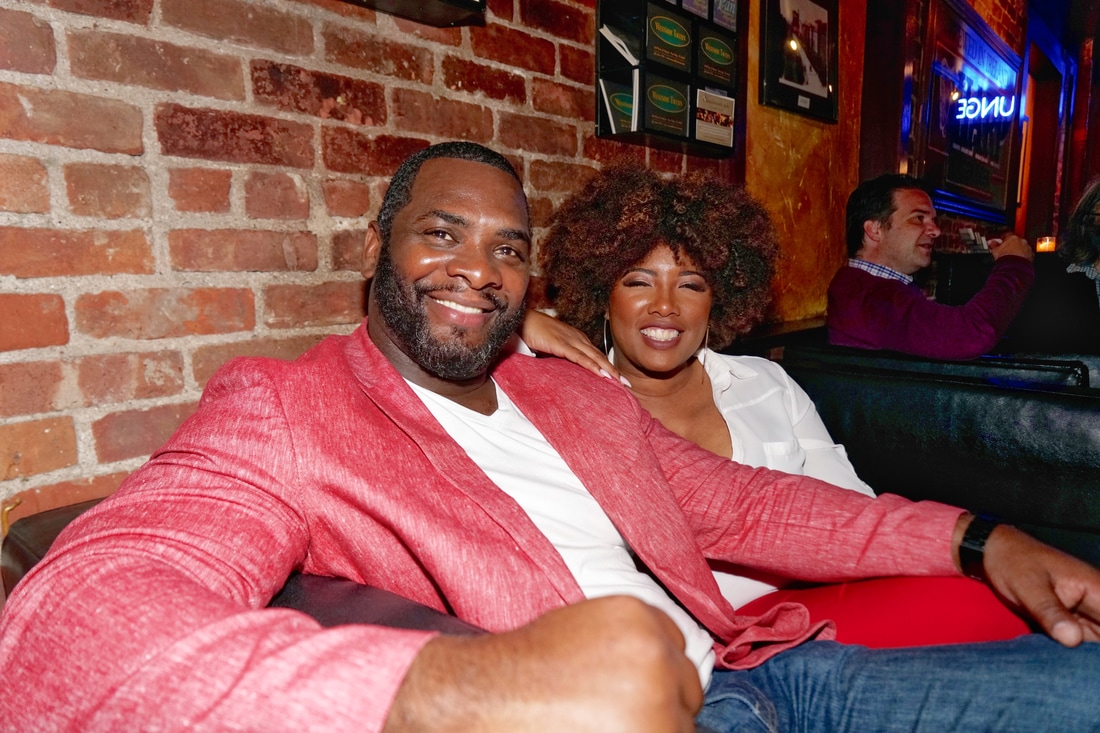
 RSS Feed
RSS Feed